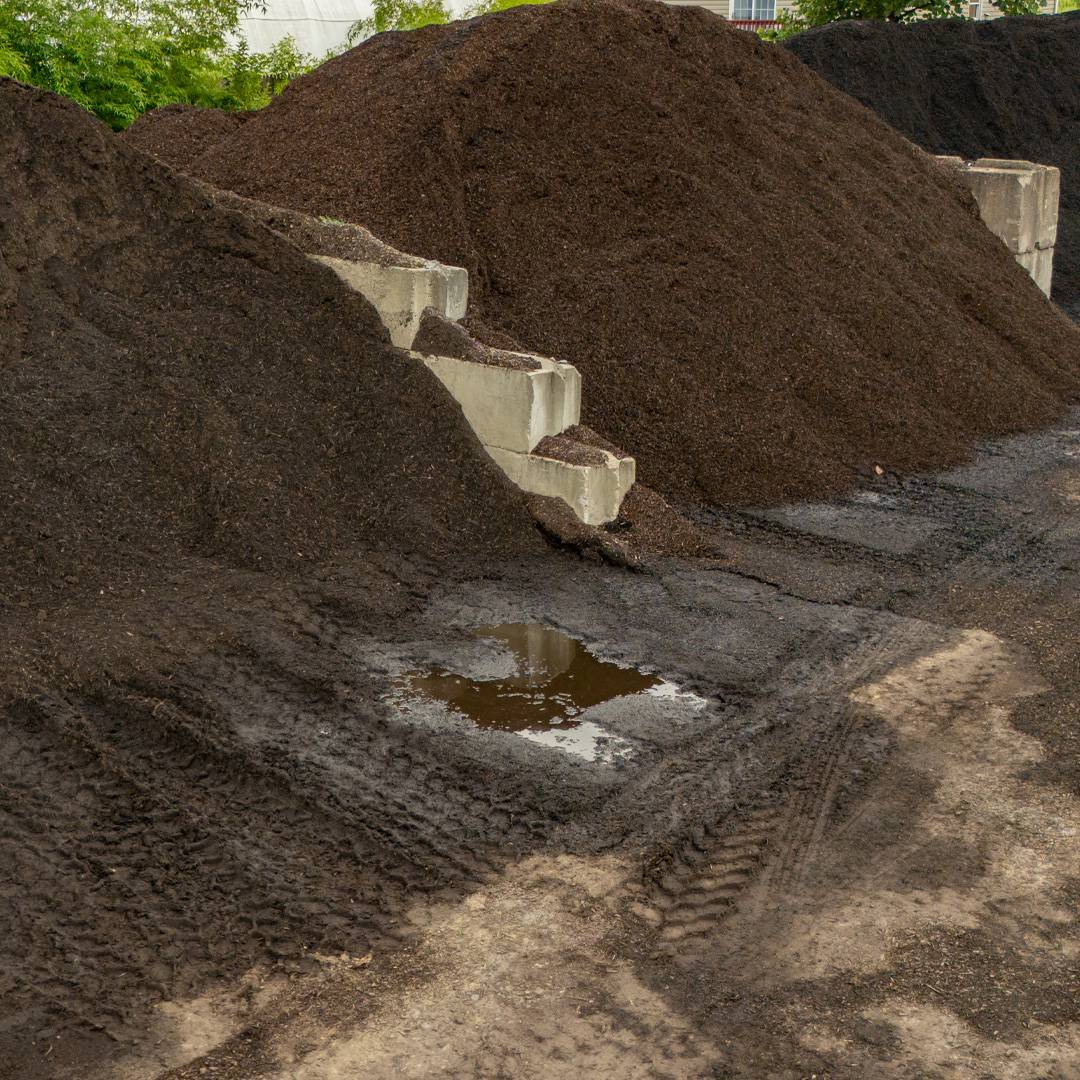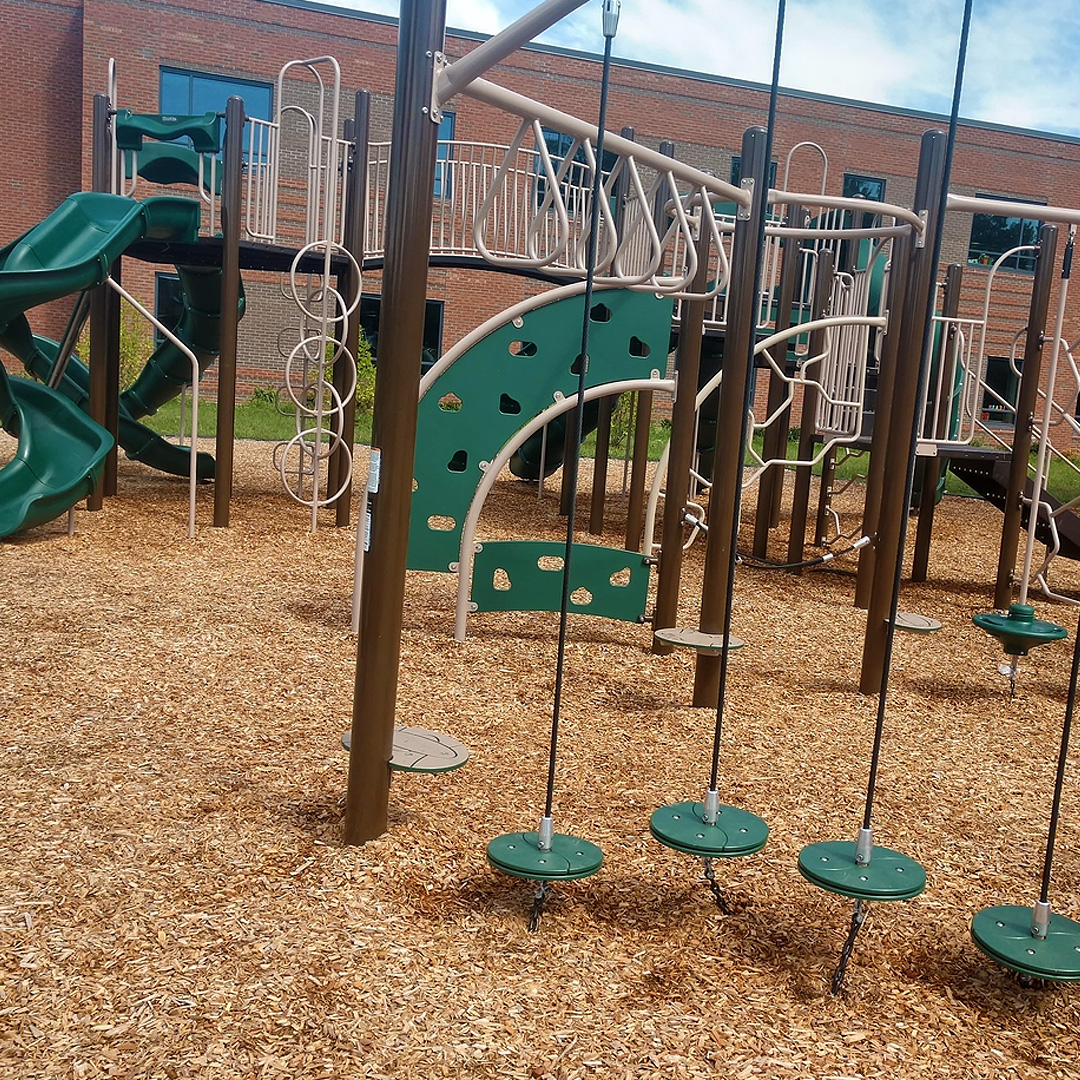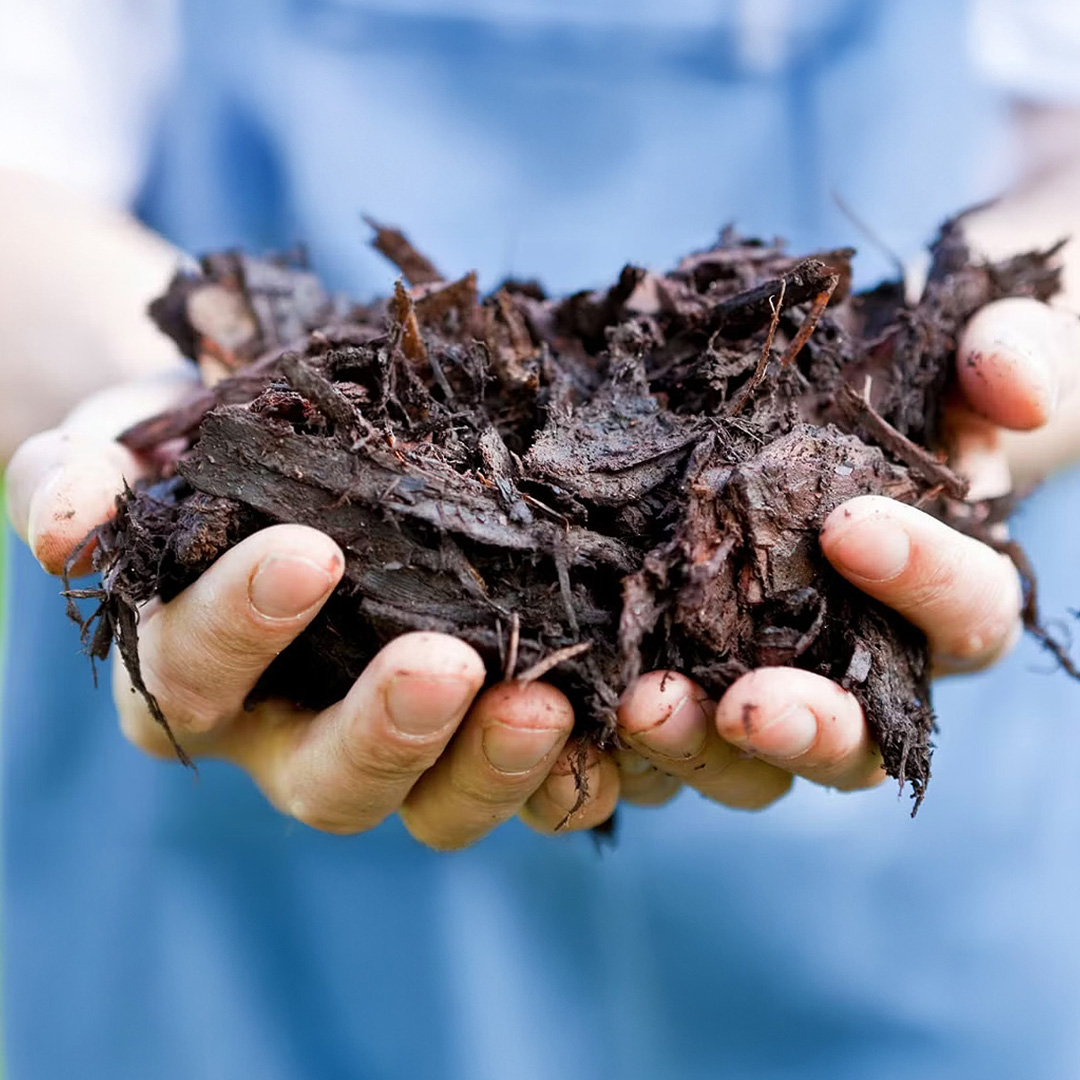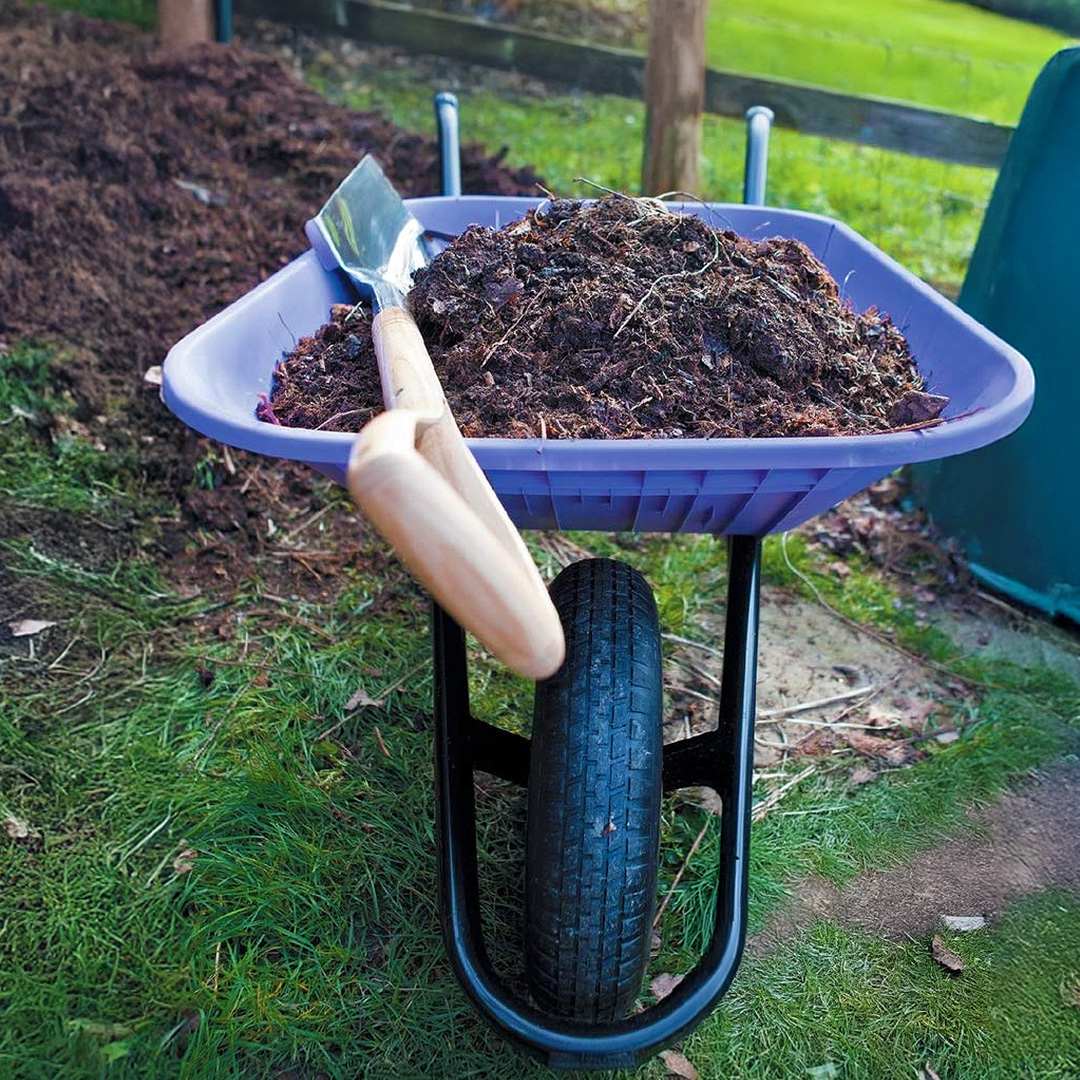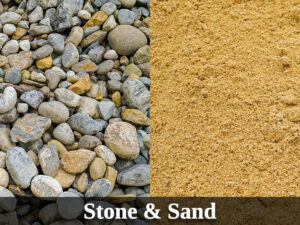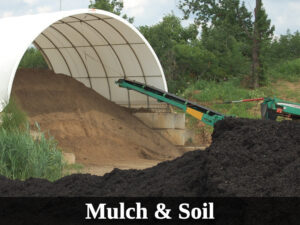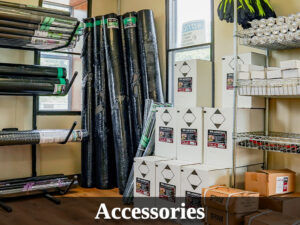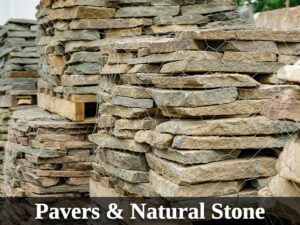Mulch is a crucial element in gardening and landscaping, offering both functional and aesthetic benefits. It helps regulate soil temperature, retains moisture, suppresses weeds, and provides a polished look to flower beds and garden spaces. Understanding the different types of mulch can help you select the best option for your needs while improving the long-term health of your plants.
Types of Mulch
Dyed Mulches
Dyed mulches are made from pure virgin hardwood, ensuring a high-quality product that maintains its vibrant color throughout the year. These mulches are machine-dyed and dried for maximum durability and longevity, making them an excellent choice for decorative landscaping.
Shredded Hardwood Mulch
Shredded hardwood is one of the most popular types of mulch due to its dark color and ability to knit together, preventing it from washing away. This premium mulch is triple-ground and perfectly aged, ensuring a rich brown hue that complements any garden.
Organic Mulch
Organic materials such as leaf mulch, grass clippings, and pine needles can serve as mulch alternatives. While these materials effectively conserve moisture and suppress weeds, they tend to decay and discolor faster than wood-based options. While not as visually refined, organic mulch is a cost-effective and eco-friendly choice for gardeners.
Playground Mulch
Designed for play areas, parks, and pet spaces, playground mulch is an excellent shock absorber, making it a safe option for children and animals. It is typically made from freshly ground pulpwood, providing a soft surface that minimizes injuries in recreational spaces.
Stone and Gravel Mulch
If you’re looking for a low-maintenance mulch option, stone and gravel mulch are ideal choices. These inorganic materials prevent weed growth, improve drainage, and do not decompose over time, making them great for pathways, rock gardens, and xeriscaping.
Rubber Mulch
Rubber mulch, made from recycled tires, offers outstanding durability and shock absorption. It does not decompose, making it a long-term solution for playgrounds and high-traffic areas. Additionally, rubber mulch reduces soil compaction and provides cushioning to prevent injuries.
Using Mulch Effectively
No matter which type of mulch you choose, applying it correctly is essential for maximizing its benefits.
- Proper Depth Matters: Apply mulch at a 2-3 inch depth to effectively protect soil while allowing water infiltration. Too little won’t shield plants, while excessive mulch may restrict moisture absorption.
- Mulch Placement: Avoid piling mulch directly against stems or trunks, as this can encourage rot and invite pests. Instead, leave space around plants to prevent disease.
- Refreshing Mulch: Over time, mulch will compact and fade. Turning it periodically will restore its color and reduce compression, extending its usefulness. Organic mulch can also be added to compost piles or worked into the soil for added nutrients.
Choosing the Best Mulch for Your Garden
Selecting the right mulch depends on your gardening goals. If you prioritize aesthetic appeal, dyed or shredded hardwood mulch may be the best option. For a natural and budget-friendly choice, organic mulch works well while nourishing the soil. If durability and low maintenance are key, rubber or stone mulch are excellent long-term solutions.
Having trouble choosing? Contact Holland Mulch—our experts are happy to help you find the perfect mulch for your landscape!
